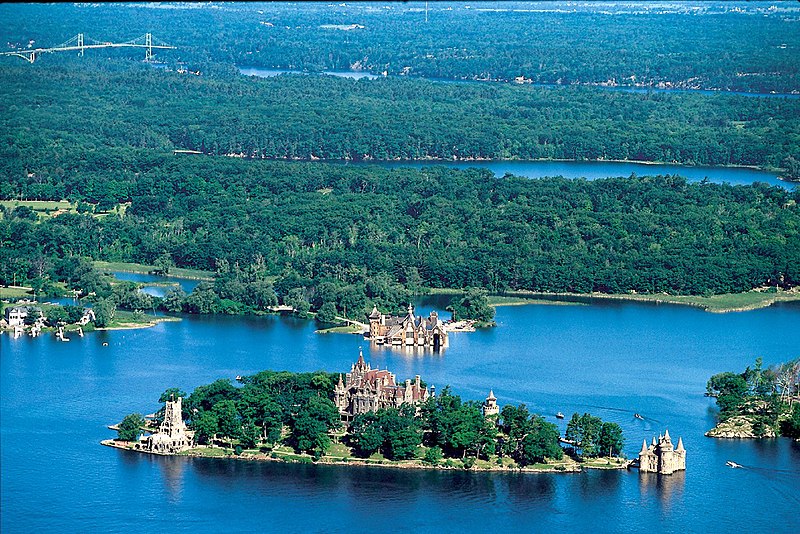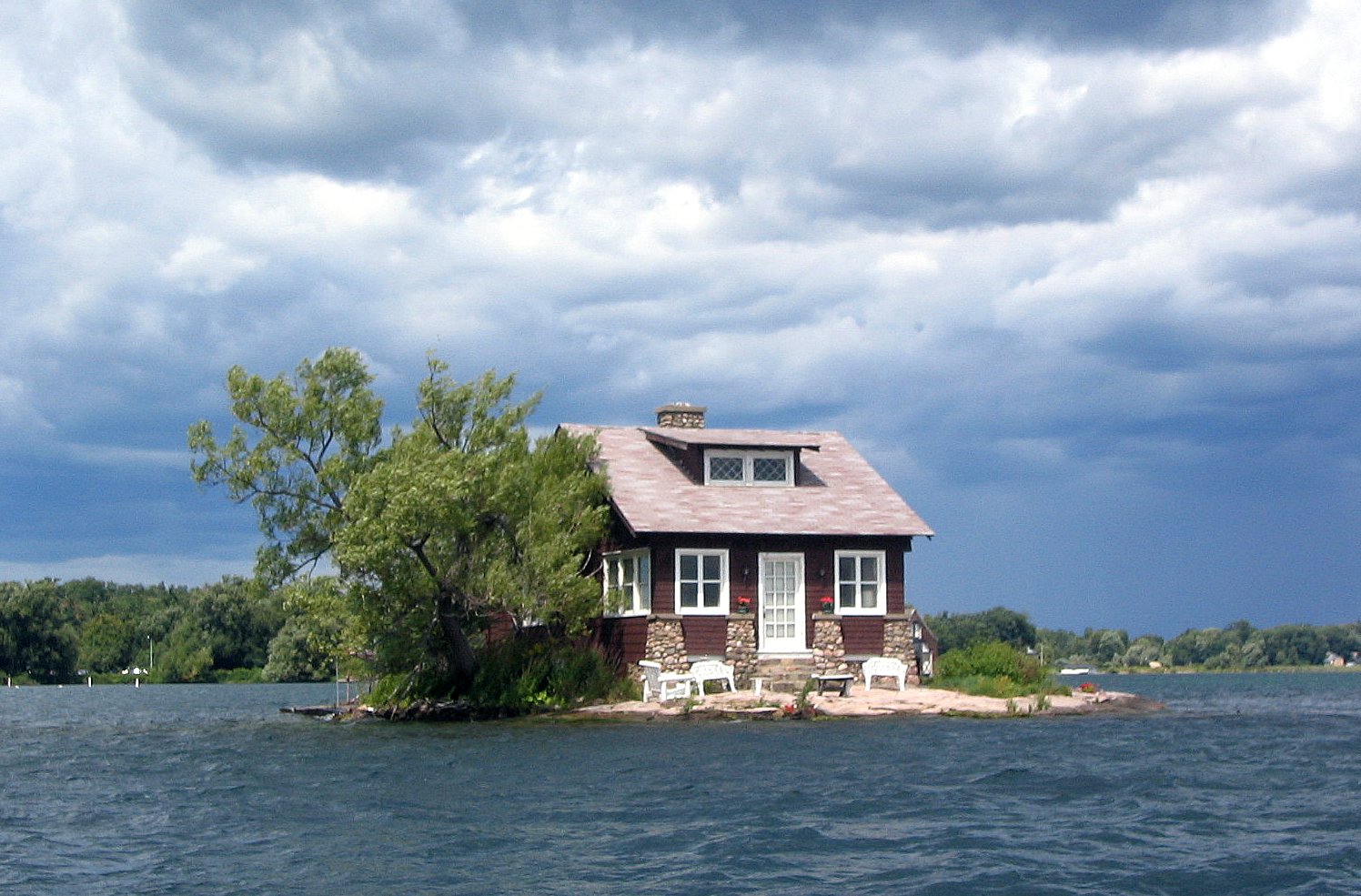Tourtière: A kind of meat pie traditionally eaten at Christmas in Canada.
This definition is the simple one, truth is recipes for this traditional French Canadian meat pie abound on the internet today, but this dish goes back centuries to the earliest years of French settlement in North America.
Though I don't often bake, I wanted to make tourtière––to sit in my own kitchen and taste what the characters in The Last Lord of Paradise tasted, so I eschewed the internet recipes with frozen pie crust from Kroger in favor of the recipe I found in a great book purchased at Fort Michilimackinac near Mackinaw City, Michigan. (See my post called, My Favorite Place for Michigan History).
It was called History from the Hearth: A Colonial Michilimackinac Cookbook by Sally Eustice. One of the Fort's historic interpreters, Sally covers not only what the early Michigan French ate, but how it was cooked, the pots, pans, utensils and dishes they used, as well as the problems of cooking in an open hearth. I spied her recipe for Tourtière, it seemed simple enough––Brown some lean ground pork, add onion, and seasonings, put it in your pie shell, place the top crust over it. I gathered my ingredients, mixed them together and into the oven it went.
While it baked at 350 for an hour, I checked out tourtière on Google. Apparently the recipe I used is the Montreal Tourtière. There is also the Saguenay-Lac-Saint-Jean Tourtière from eastern Quebec, that uses finally chopped pork and potatoes.
My tourtière was supposed to look like the photo above. Instead it looked like this:
My pie plate was too deep for the amount of dough in the recipe and I stretched it too thin. Perhaps I baked it a bit too long and the crust went too crispy ... Oh well. My genuine French Canadian tourtière wasn't a total failure. The plain pork and crust took on all the flavors of the onion and spices and it tasted great. The old French were great cooks.
Will try again sometime. :)
Will try again sometime. :)
Vivian









